Wang Zhongjiang: Why is "public support" the basis of political legitimacy in Chinese civilization?
By Xie Ping & Ma Xiuxiu from CNS
Chinese civilization is the only ancient civilization that managed to survive throughout history to the modern days without interruption, which is inseparably attributedto its fundamental nature. The Book of History (Shangshu) writes that "The people are the foundation of a country and only when the people lead a good life can the country thrive.". Another classic Mencius writes "good government gets the people’s wealth, while good instructions get their hearts". Today, China emphasizes that the people's support is the most important element of politics.
It is a political and cultural characteristic of Chinese civilization to attach great importance to public support and public opinions. From ancient times to the present and acrossChina andthe West, what is the "public support"? How can we win the public support? What is the mindset difference between East and West? How dothese differences play out in politicalorigin and governmentalfunctions? Wang Zhongjiang, professor at the Department of Philosophy, Peking University and president of Chinese Confucian Academy, recently gave a detailed explanation in an exclusive interview “W.E. Talk” with China New Service.
Here are excerpts from the interview:
CNS: Chinese philosophies have developed for thousands of years, reflecting the fundamental core of Chinese civilization. China has a long tradition of “putting people first”and “meeting people’s aspirations”. How to understand this concept? How is this concept explained in the history of political philosophy?
Wang Zhongjiang: I’m glad to talk about the fundamental nature of Chinese civilization. “Public opinions”and “public support” are very comparable, and I use them interchangeably in a similar sense.
“Public opinions”, “public support”, and “people-oriented” are all classified as political philosophy concepts, but with different footing and focus. Politics is about achievingpolitical aspirations and goals via power, and the acquisition and possession of political power is not an end in itself, but the realization of political aspirations and goals is. Accordingly, governance respecting “public opinions”and winning “public support” is the political aspiration and goal; “people-oriented” is not an expression of political goals but indicates the importance of the common people in political governance.
Both the concepts of “people-oriented” and “public support” originated quite early. The people-oriented idea can be found in“Songs of the Five Sons” of theBook of History, which dates back to 3000 years ago. The book writes: “The first said, ‘It was the lesson of our great ancestor:The people should be cherished, and not looked down upon. The people are the root of a country; the root firm, the country is tranquil.’”Mencius also said, “To a state, the people are the most important thing. The state comes second. The ruler is the least important.” The importance of the general public in political life was expressed in the classics by the term “people-oriented”, which has since become the Chinese tradition of the people-oriented theory.
The concept of “public support” as an expression of political purpose was first expressed in “Jie Nan Shan” of the Book of Songs according to records. A monarch who rules should be careful and cautious like walking on ice in the abyss, so that the people can be at peace; a monarch who governs should be fair and just like holding a bowl of water evenly, so that people’s hatred and dissatisfaction will be eliminated. From the Eastern Zhou Dynasty, the concept of winning public support has become the basis of political legitimacy, and also the basis and measure of political justice. The political philosophy of “public support” was developed by hundred schools of thought. Going through continuous evolution, the political expectations expressed by “public support” theory have become asymbolic sign of Chinese political culture.
CNS: How is the relationship between the origin of political power and the will of the people explained in Chinese political philosophy? How to win the “public support”?
Wang Zhongjiang: There are different explanations of the origin of the universe in the East and West. The further back we go, the more dominant the mythological and religious explanations are; the further forward we look, the more dominant the philosophical and scientific explanations are.
There is no single explanation for the political origins of early Chinese civilization. According to religious explanations, monarchs were appointed by God to ensure and safeguard the interests and well-being of the people. “Liang Hui Wang II” of Mencius writes, “In the Book of History it is said, ‘Heaven having produced the inferior people, made for them rulers and teachers.’”“The Fourteenth Year of Duke Xiang” of Zuo Zhuan has a quote ofShikuang: “Heaven, in giving birth to the people, appointed for them rulers to act as their superintendents and pastors, so that they should not lose their proper nature.”The God first created humankind, and at the same time created the monarchy. This explanation can be called the “Divine Appointment of Monarch” theory. In philosophy, politics is seen as aresult of natural evolution. The Book of Changeswrites, “Since the existence of heaven and earth, all things have been growing. And since the existence of all things, male and female were separated and as for human beings, men and women and then husband and wife. And then the relation of father and son developed. The relation of father and son set a model for the human society and then the system of the monarch and his subjects set up; with this system, a person’s status and ranking appeared and then the establishment and implementation of rite and morality to carry out the feudalism society.”
According to the “Divine Appointment of Monarch” theory, the God didn’t appoint a ruler to meet the needs of him, but to meet the needs of the people. Similar views can also be found in the “Duke Mu of Lu Asks Zisi”of the Guodian Chu Slipsand the “Awe-Inspiring Potency” of Shenzi. This is consistent with the view of “pursuing common good for all” upheld by scholars.As written in the Master Lü’s Spring and Autumn Annals: “The world is not one person’s world; it belongs to the people of the world.”
Of course, in reality, monarchy was not established by the God, nor was it from purely natural evolution, but was related to the creation of human beings. “Evil Human Nature” in Xunzi writes,“|The sages in ancient times, because of the evil nature of humans, considered them wicked and unrighteous and they would cause social disorder and instability, so the power of the sovereign was established to rule over them, rituals developed to teach them, laws formulated to govern them, and penalties increased to prohibit them from breaking the law, so that all the world would be stable and orderly, and all people would act in ethical manners.” Similar thoughts are found in the Master Lü's Spring and Autumn Annals.
In Chinese political thinking, the emperor represents the God’s will to govern the world. There are two non-contradictory arguments. The first is the God’s will, which is the highest justice; the emperor’s words and actions are justified if they represent the God’s will, and if they represent the God’s will, they are naturally in line with public opinions. Secondly, the God does not have its own will, and the God’s will originally comes from public opinions. What it sees and hears is what the people see and hear.The Book of History writes that “What the people desire, Heaven will be found to give effect to”.
How can we win the public support? Mencius said:“There is a way to wintheir hearts: it is simply to collect for them what they like, and not to lay on them what they dislike” (“Li Lou I” of Mencius). The first step to win the public support is to develop the economy, promote the flow of commerce, and satisfy the living needs of the people. In ancient societies, it was to fully ensure the agricultural production of the peasants and impose low taxes. Confucius advocated that the people should live a prosperous life; Mencius advocated a politics of benevolence (“benevolent government”) and a land system to ensure a secure life for the people (“Sustaining the People’s Livelihood”); Lao Tzu proposed four criteria for a good life: be contented with their food, pleased with their clothing, satisfied with their homes, and take pleasure in their ritual tasks. In addition to the material life, the governors must also strive to meet the needs of the public's spiritual life. Confucianism focuses on the indoctrination of people, their intellectualdevelopment and personality development.
To win the public support as a whole is to realize the wishes of the people in these two aspects. It is written in the Book of Rites: "To love what the people love and to hate what the people hate", and "when rulers give orders which are contrary to that they themselves love to practice, the people will not obey them". If the governance is not supported by the public, the God will deprive him of the right to rule, because "the order of God may change". If the governance is not supported by the public, they will resort to the right of rebellion.
CNS: How is the origin of politics explained in Western civilization? What are the similarities and differences between Eastern and Western explanations?
Wang Zhongjiang: the origin of politics is explained in a different way in Western civilization. Aristotle believedthat politics is aresult of natural evolution. “The city-state grew out of the development of human ‘life’, while it exists actually for the sake of ‘good life’. All early social groups at all levels grew naturally, and all city-states, since they are built from this growth process, should also be the product of nature” (excerpt from Politics). The impetus for the emergence of politics stems from human needs. In this process, those intelligent people became the governors while others became the governed. Vico arguedthat politics and its governors are built from the clan of families and their patriarchal authority.
An important theory in Western civilization explaining the origin of society is called contract theory which exists in different versions, such as Hobbes, Locke, and contemporary Rawls version. Contract theory generally assumes a natural state of human beings, and a country is established precisely as a contract to escape from this state. Each person, in order to acquire some rights, has to cede some of his or her rights in order to establish a country governed by human representatives. Hume argued that politics and society should be established for further development of mankind, initially by open or tacit agreements, and that those with superior virtue would become the governors. This is a version of the “weak contract theory”.
Western political contract theory has something in common with the Chinese sage creation theory, such as the establishment of a country to satisfy the will of the public and its own interests. In contract theory, people are willing to cede some of their rights and allow the government to monopolize violence and other powers for the sake of their own security, peace, and interests; while in China, the sages created the monarchy as a means to satisfy the basic desires and needs of the public.
One of the major differences between the sage creation theory and the contract theory is that the former highlights the politics characterized by sage personality and exemplary politics, focusing on the rule by man, while the latter highlights institutional governance, focusing on the rule oflaw.
CNS: What role do you think the public support plays in promoting a better governmental governance system today?
Wang Zhongjiang: Political philosophers nowadays believe in principle that countries and governments are tools rather than purposes, and that they are both established for the benefit of the public’s wishes and interests, while changing and evolving to better meet them.
As an important political concept, the “public support” in classical China still works for building a good political life in our times. What the people want should be what the government strives for. The governments, governance, and systems should be improved in line with public opinions. Respecting public opinions and winning public support should be the starting point of all governance and also the criterion of all governance.








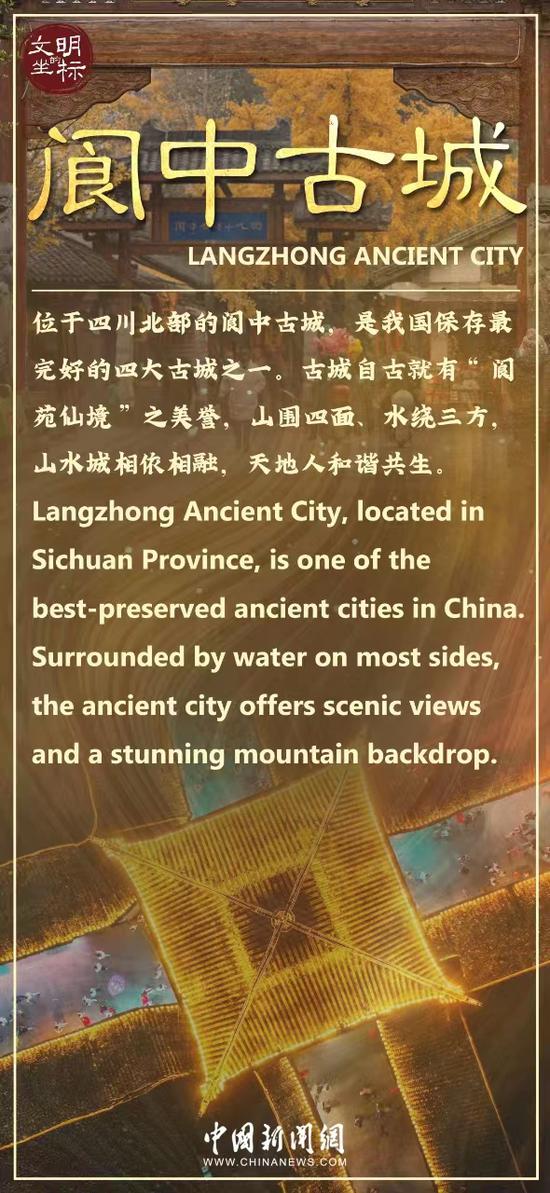

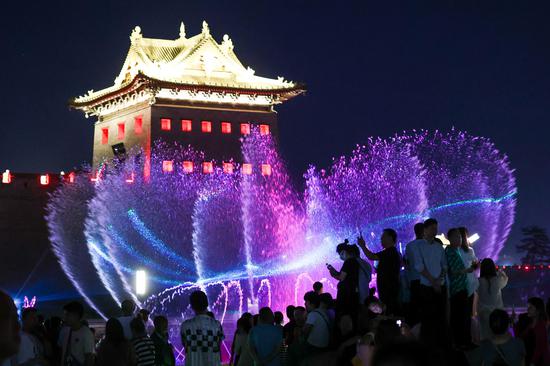

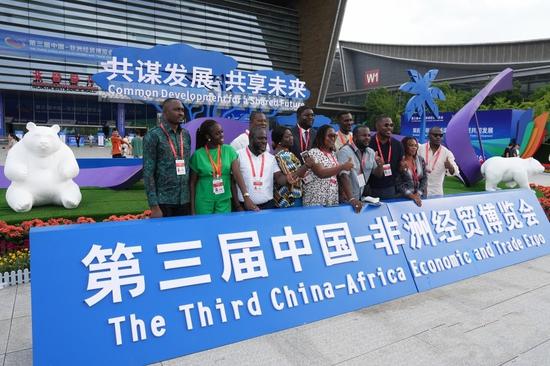

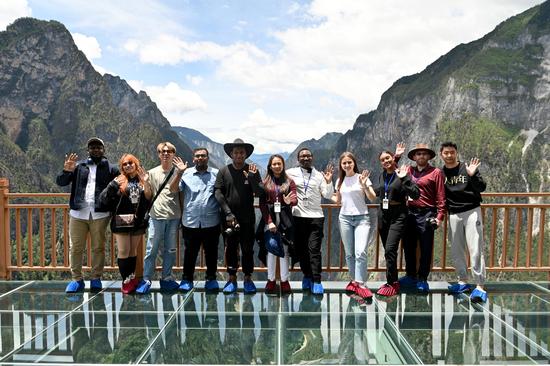


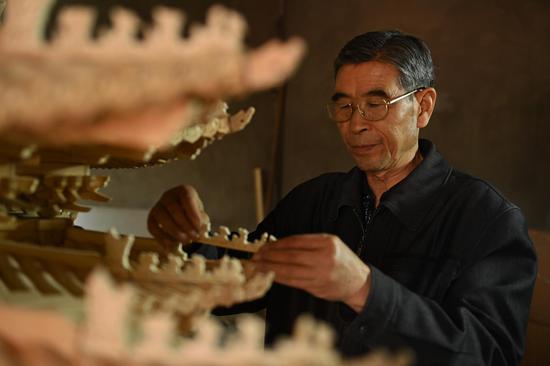

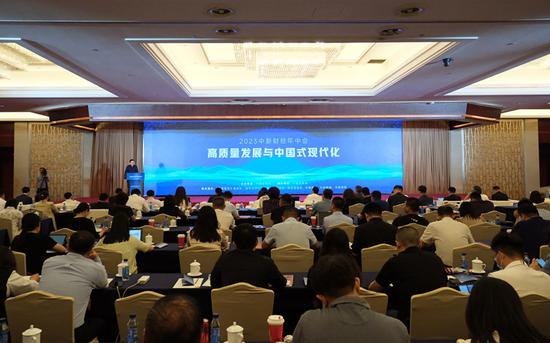

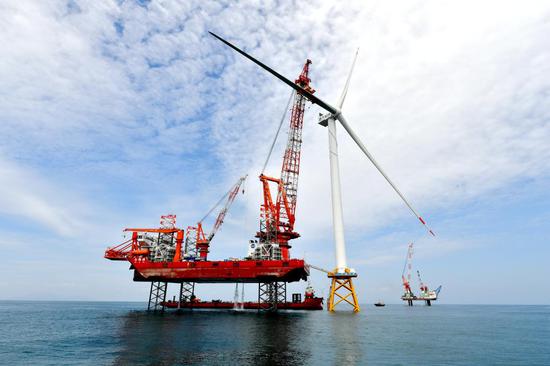



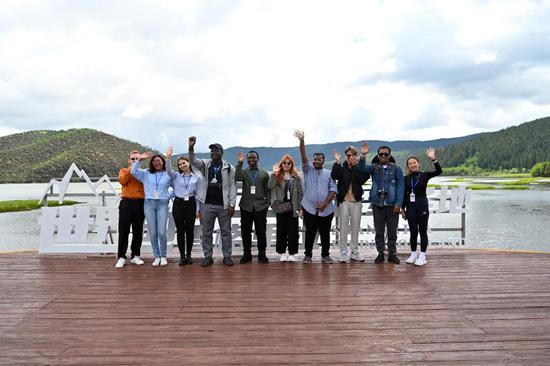

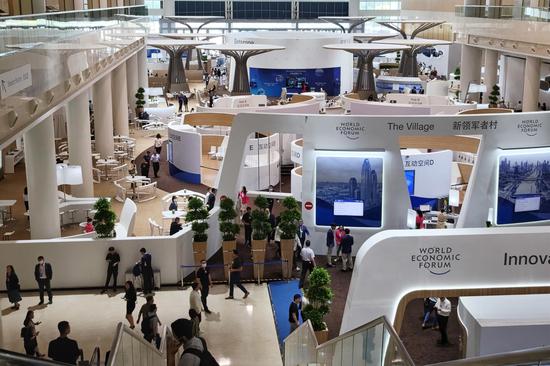



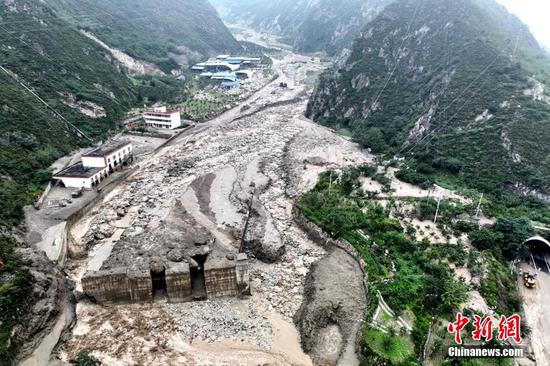
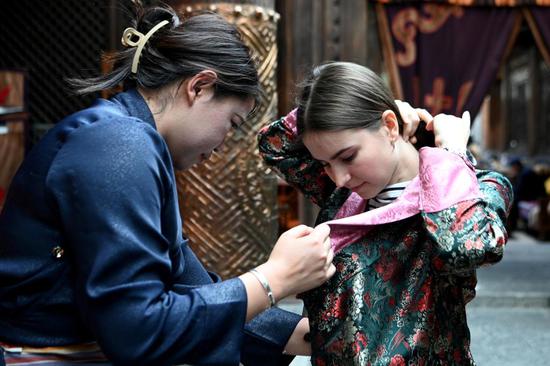

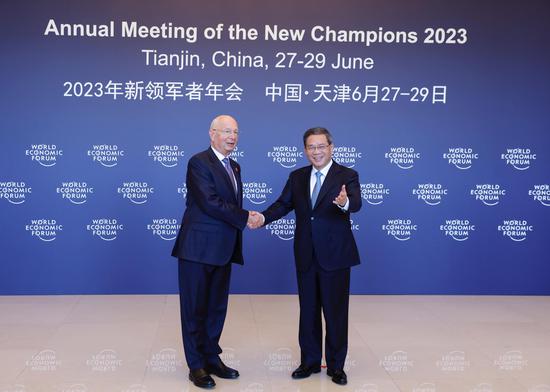
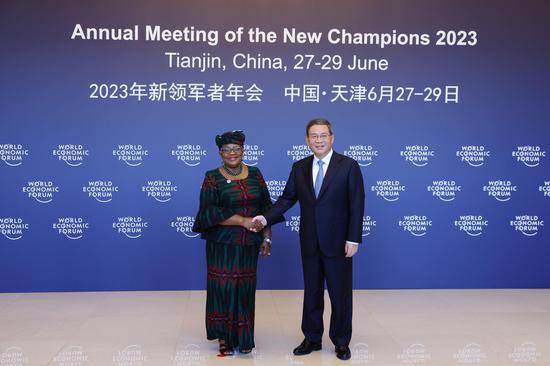
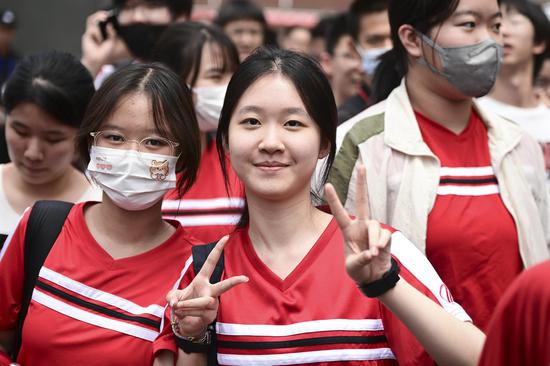



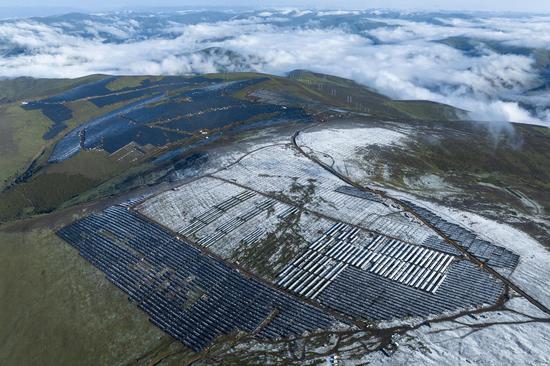
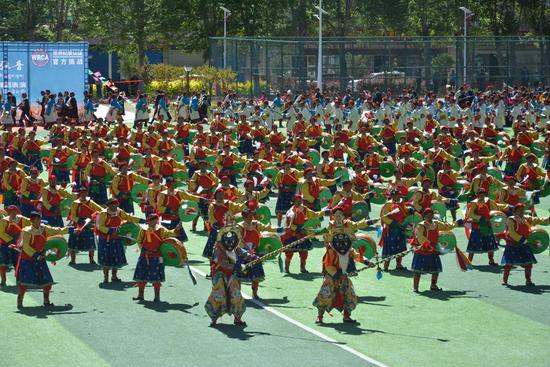
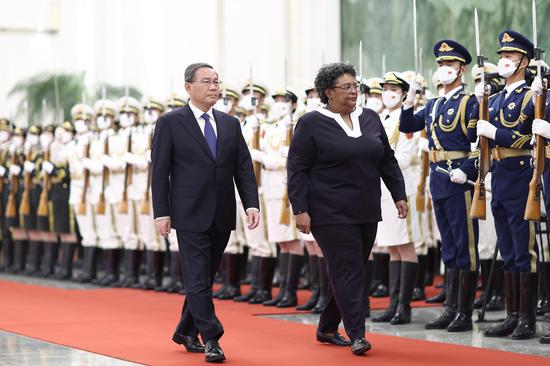
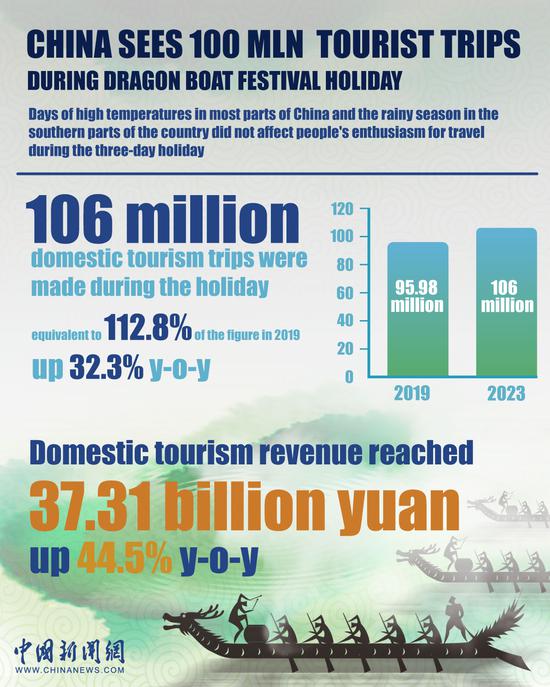






 京公网安备 11010202009201号
京公网安备 11010202009201号